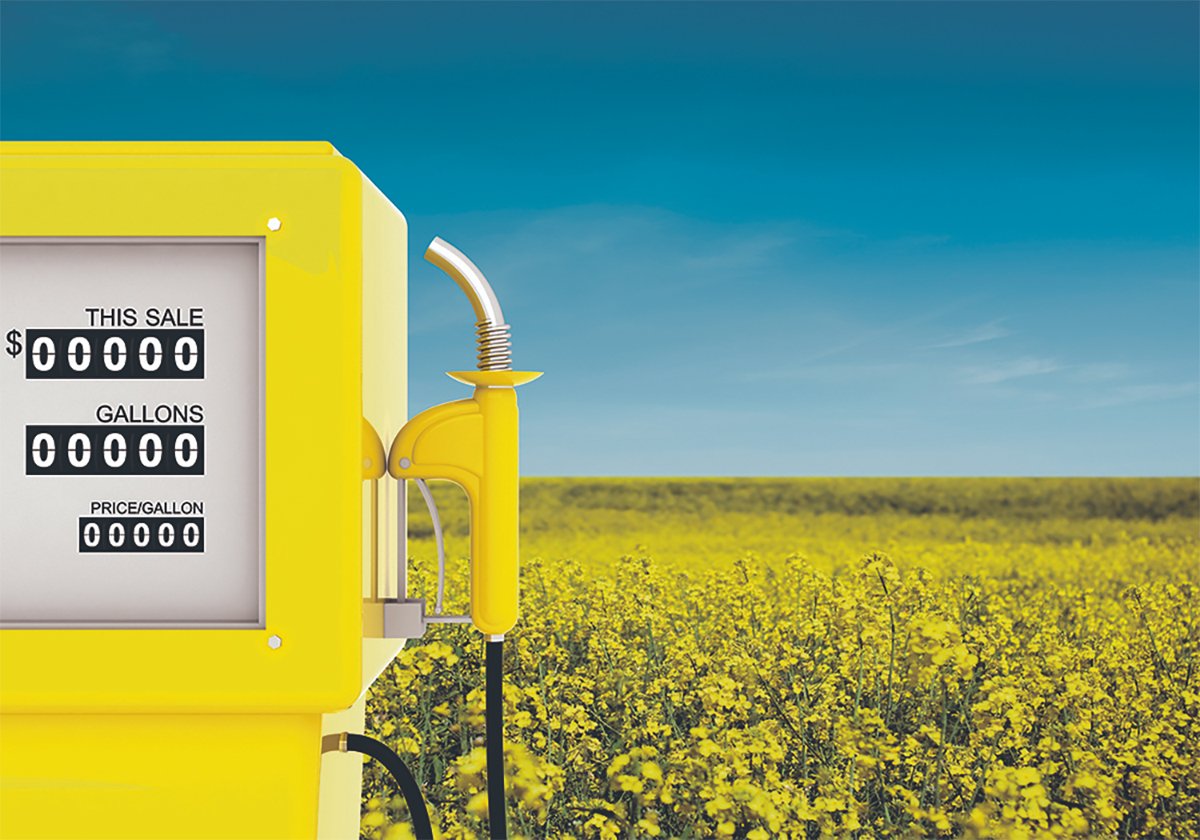The demand for soft white spring wheat as an ethanol feedstock has
strained the seed supply of AC Andrew.
Dale Alderson, western marketing manager for SeCan, said there is still some seed available but getting it won’t be easy.
“Nobody anticipated the ethanol opportunity two years ago,” he said.
Even SeCan, a dominant player in the seed business, was taken by surprise, he said. Seed production can’t be increased overnight.
Andrew is the highest yielding soft white wheat and fills about 95 percent of the demand.
Read Also

Biofuel sector happy with federal budget
Advanced Biofuels Canada says new Biofuel Production Incentive is a lifeline until CFR amendments are in place.
Soft white wheats were designed for the high quality pastry market because of their high starch, low protein profile.
Those qualities, and high yields, also make them suitable for ethanol. In 2006 trials, Andrew yielded about 25 percent more than the hard red spring Superb.
Rob Graf, who oversees the SWS breeding program at Agriculture Canada’s Lethbridge Research Centre, said Andrew has the highest profile in the class but there are other varieties available.
He said Bhishaj is similar in performance to Andrew.
“It’s very definitely a very good second choice,” he said.
It is available from an Alberta seed grower.
A line called SWS389 will enter its third year of co-op trials this spring.
“It is higher yielding and should be good for ethanol,” Graf said.
“It is also a line that is looking very good for pastry markets.”
Another called SWS366 has been evaluated for three years and will be tested in both the SWS co-op trial and in the high yielding trial as a general purpose wheat.
Graf said this wheat shows promise because its yields are similar to Andrew and its disease resistance should allow it to be produced in the eastern Prairies.
Alderson said Andrew is being grown outside its area of adaptation and anyone in eastern Saskatchewan or western Manitoba who grows it where fusarium is present has to use fungicide.
He expects future breeding efforts will focus on soft whites with better leaf disease resistance. In the meantime, the general purpose wheat class will kick in and possibly displace SWS in the ethanol market.
Graf said breeders won’t abandon the pastry market as they continue to work on varieties. He also said there was a perception that soft whites were best grown under irrigation to keep the protein down.
“To date, all the information we have would indicate the soft white spring wheats have good stress tolerance, good drought tolerance and perform well on dryland,” he said. “It does open up an opportunity for producers to capitalize on another market.”















